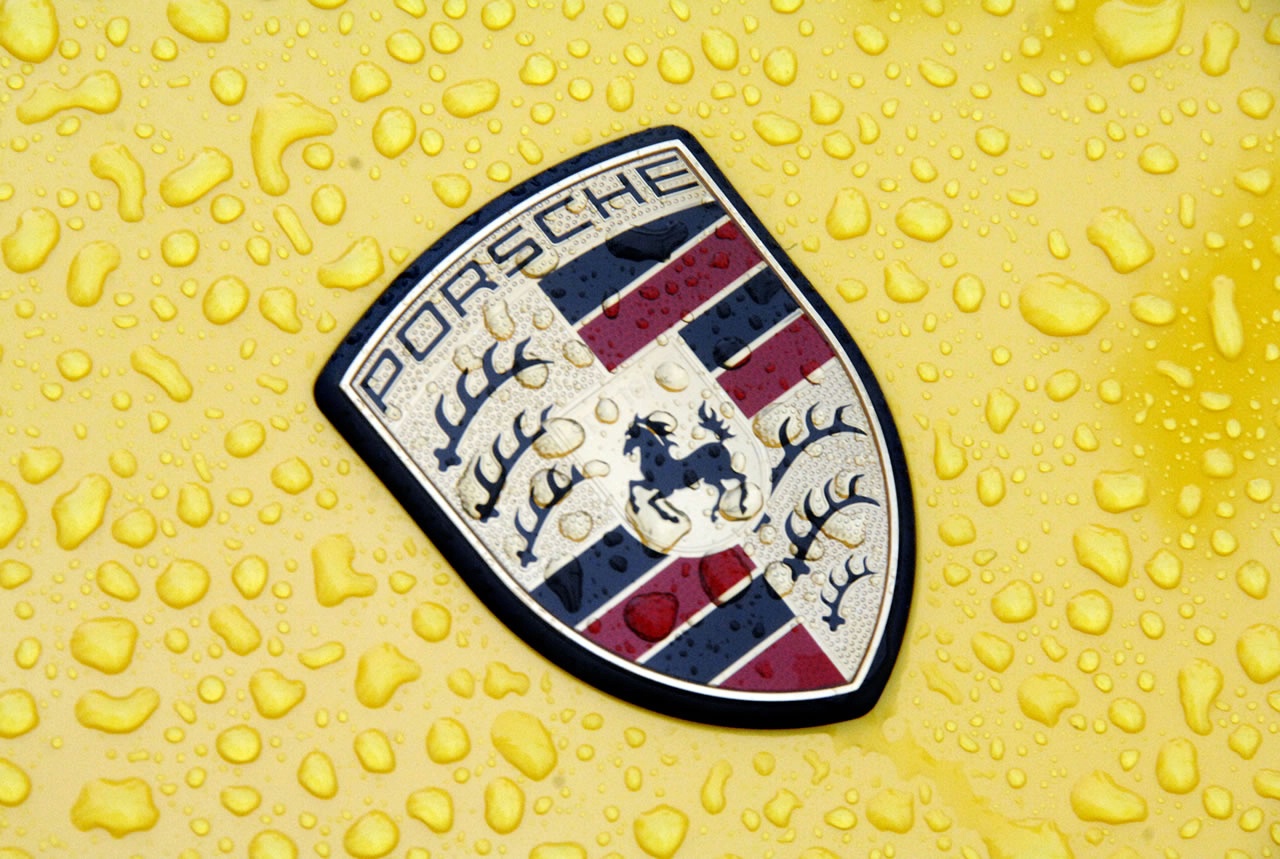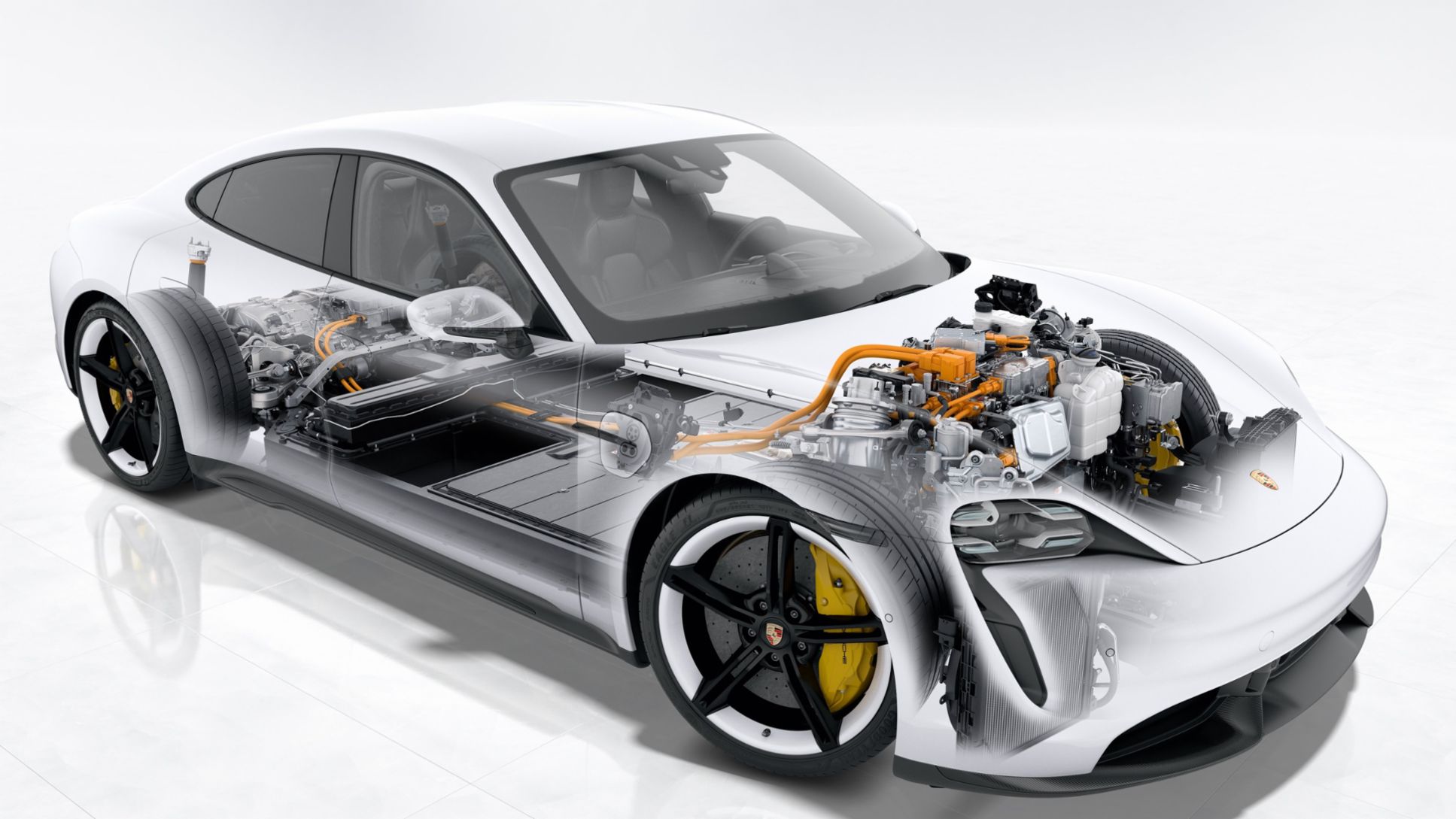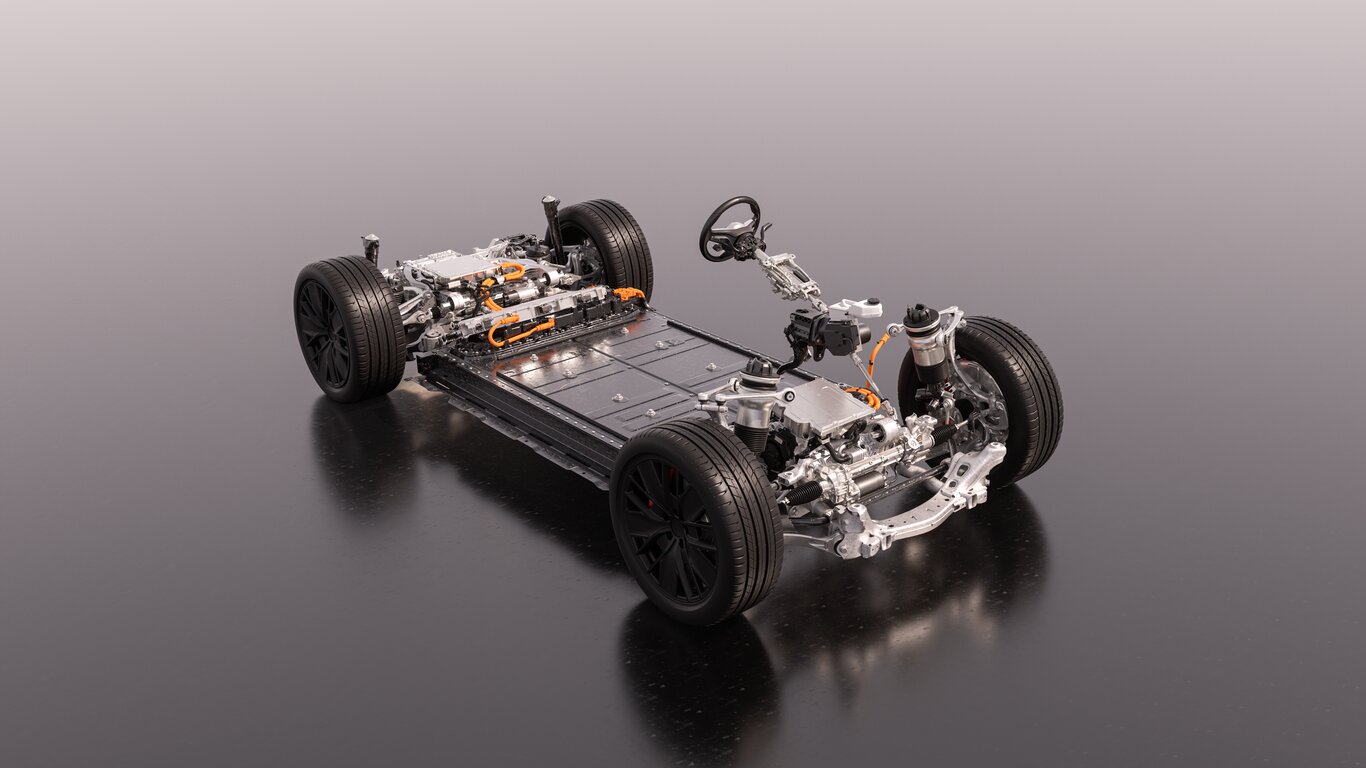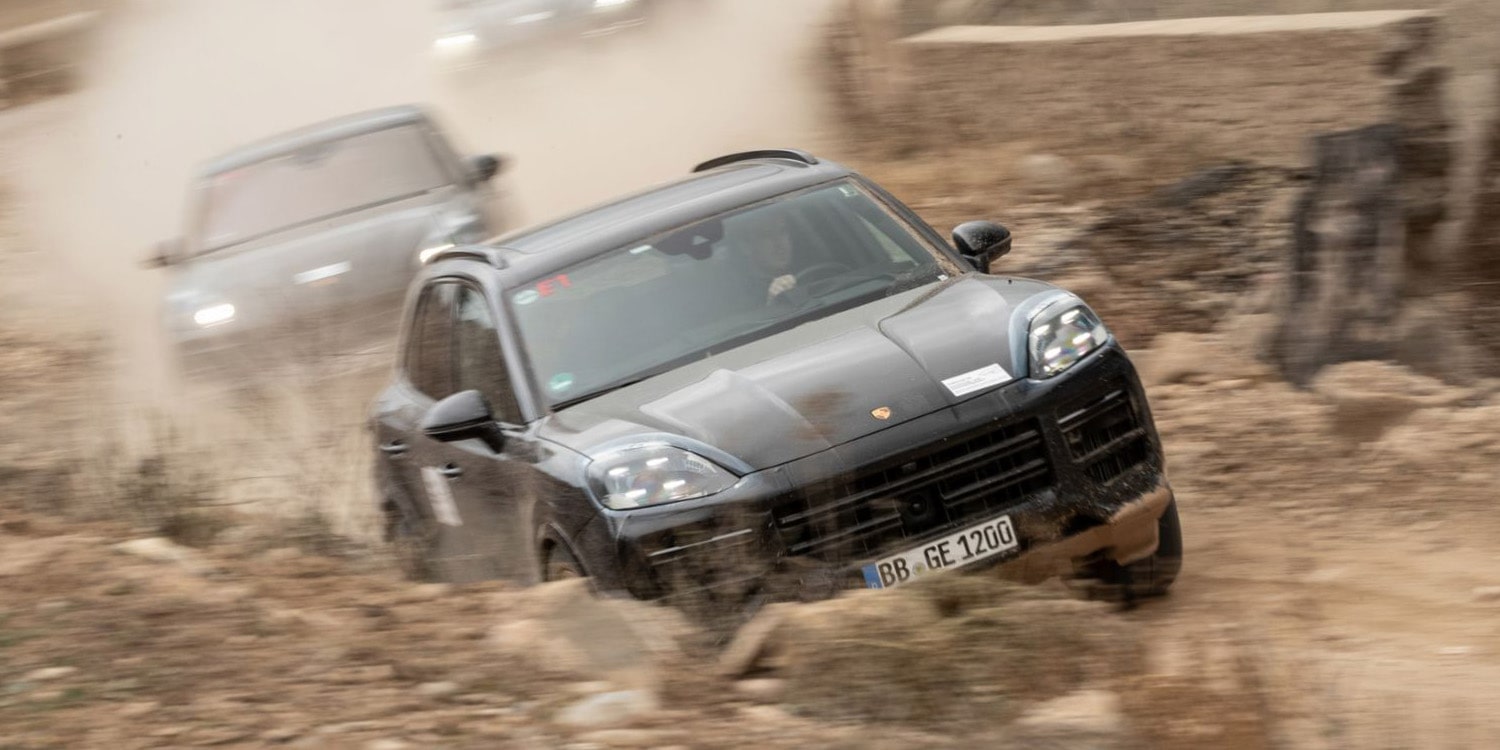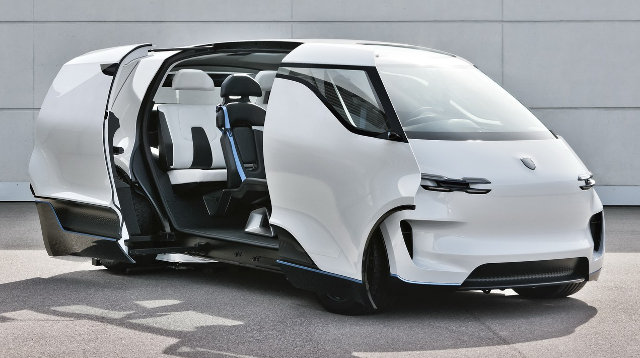Oliver Blume, the newly appointed CEO of Porsche, has reiterated his commitment to the brand’s advanced e-fuels development, stating that it does not conflict with Porsche’s plans for electrification. Speaking to the press following the release of the company’s latest financial results, Blume described the debate over e-fuels as “emotional” and emphasized that it is the only way to decarbonize the internal combustion engine.
Blume believes that e-fuels offer a complementary solution to electric vehicles and that they are essential for niche segments and existing cars. While Porsche plans for more than 80% of its new car sales to be all-electric vehicles by 2030, the company is not willing to let the internal combustion engine die.
See also: Porsche and Partners Launch Industrial Production of Synthetic Fuels from Wind Energy in Chile
Chief Financial Officer Lutz Meschke echoed Blume’s sentiments, highlighting the importance of e-fuels and electrification during Porsche’s annual press conference. Meschke confirmed that Porsche’s all-electric Macan will be followed by the electric 718 and the all-electric Cayenne, with reports suggesting that Porsche is also developing a new electric SUV to sit above the Cayenne.
According to Meschke, e-fuels are equally suitable for planes and ships, and the EU Commission is set to outline a possibility for e-fuels to be used in new vehicles with internal combustion engines even after 2035. Porsche is already making significant strides in e-fuel development, having built an e-fuel pilot plant in Chile that has been producing e-fuel on an industrial scale since December.
Porsche’s Chilean facility is currently in its pilot phase, producing 130,000 liters (34,342 gallons) of e-fuel annually. The company’s project is expected to expand and produce 55 million liters (14.43 million gallons) per year by the middle of the decade and ultimately 550 million liters (145.3 million gallons) of e-fuel annually.

